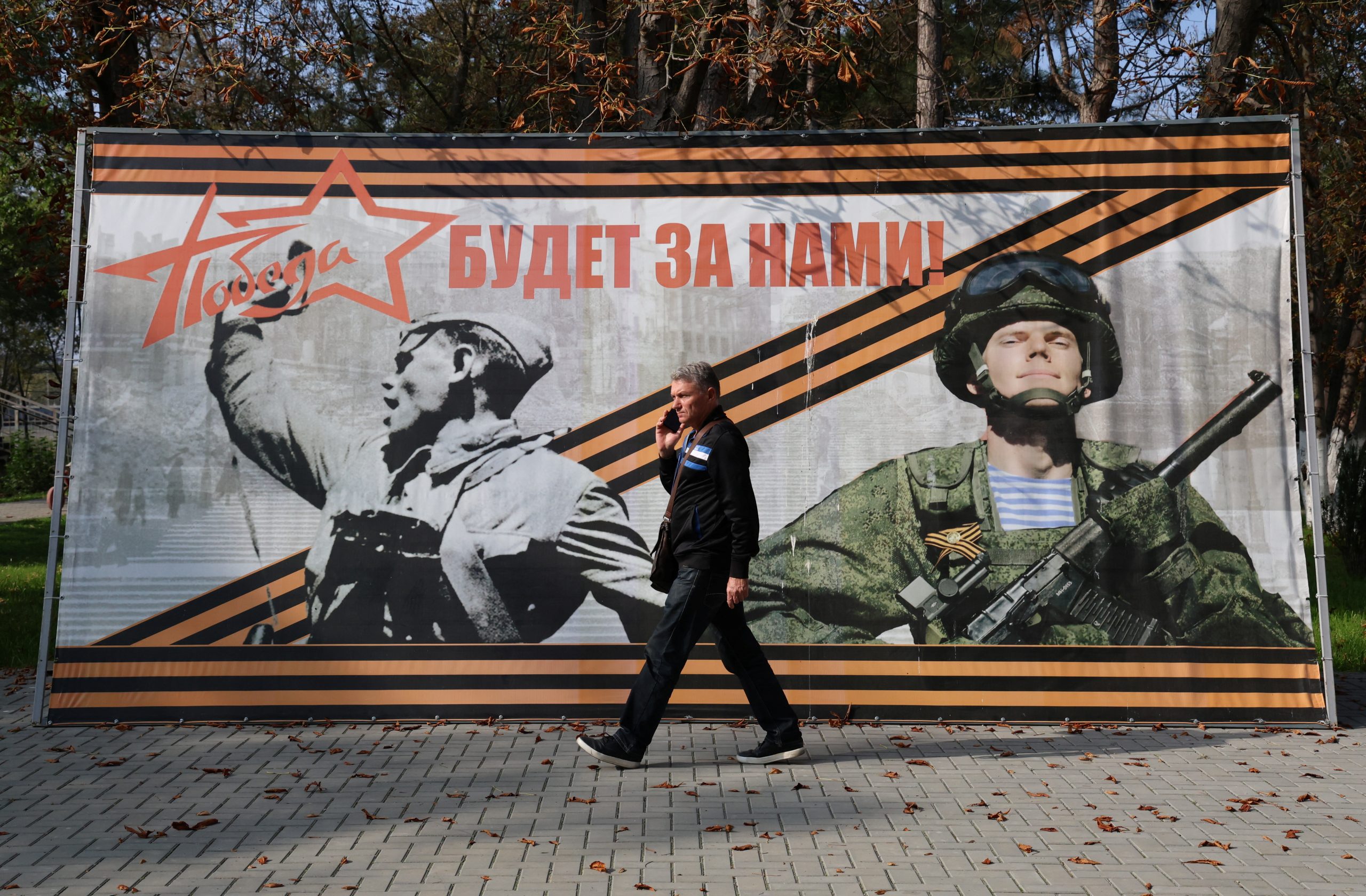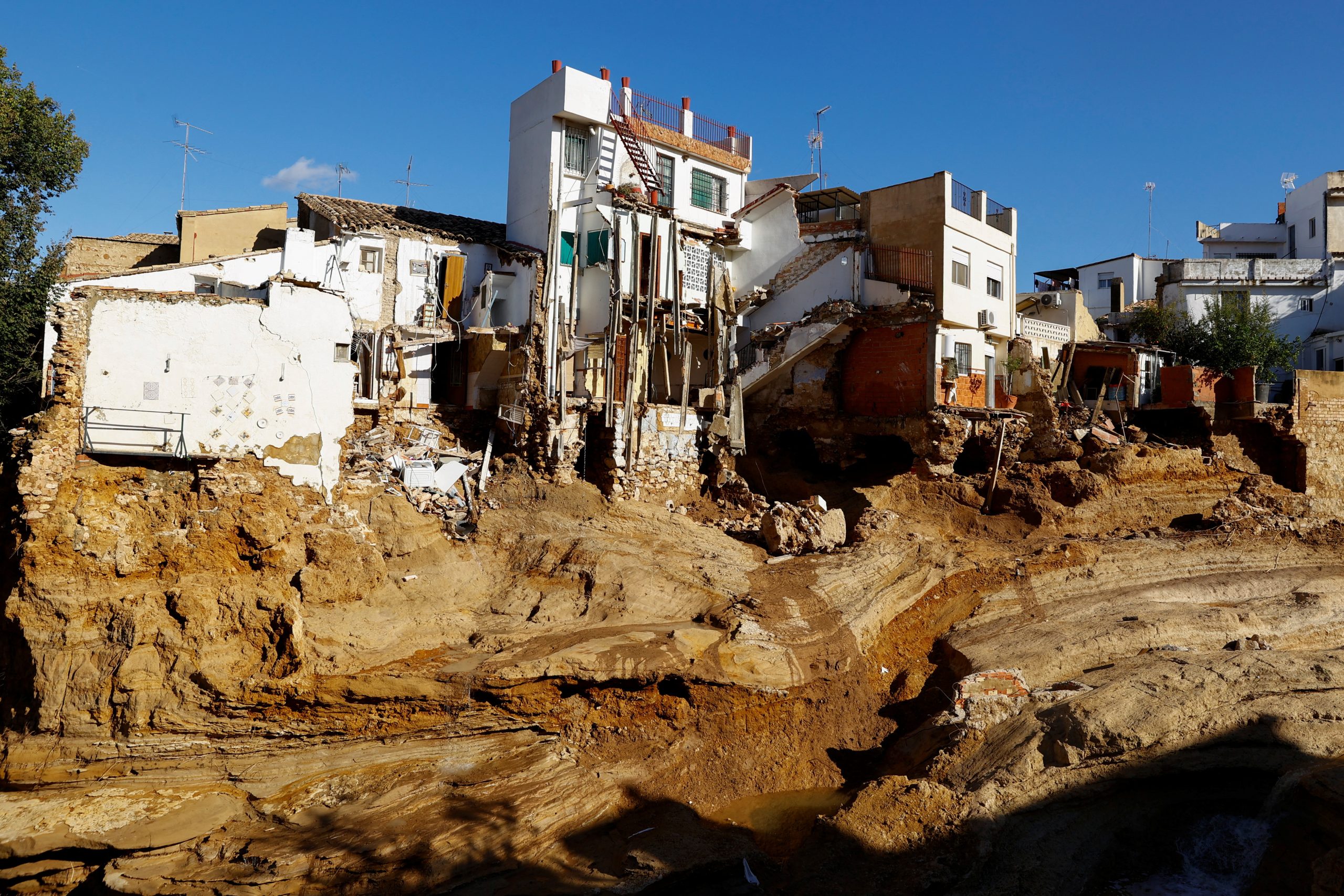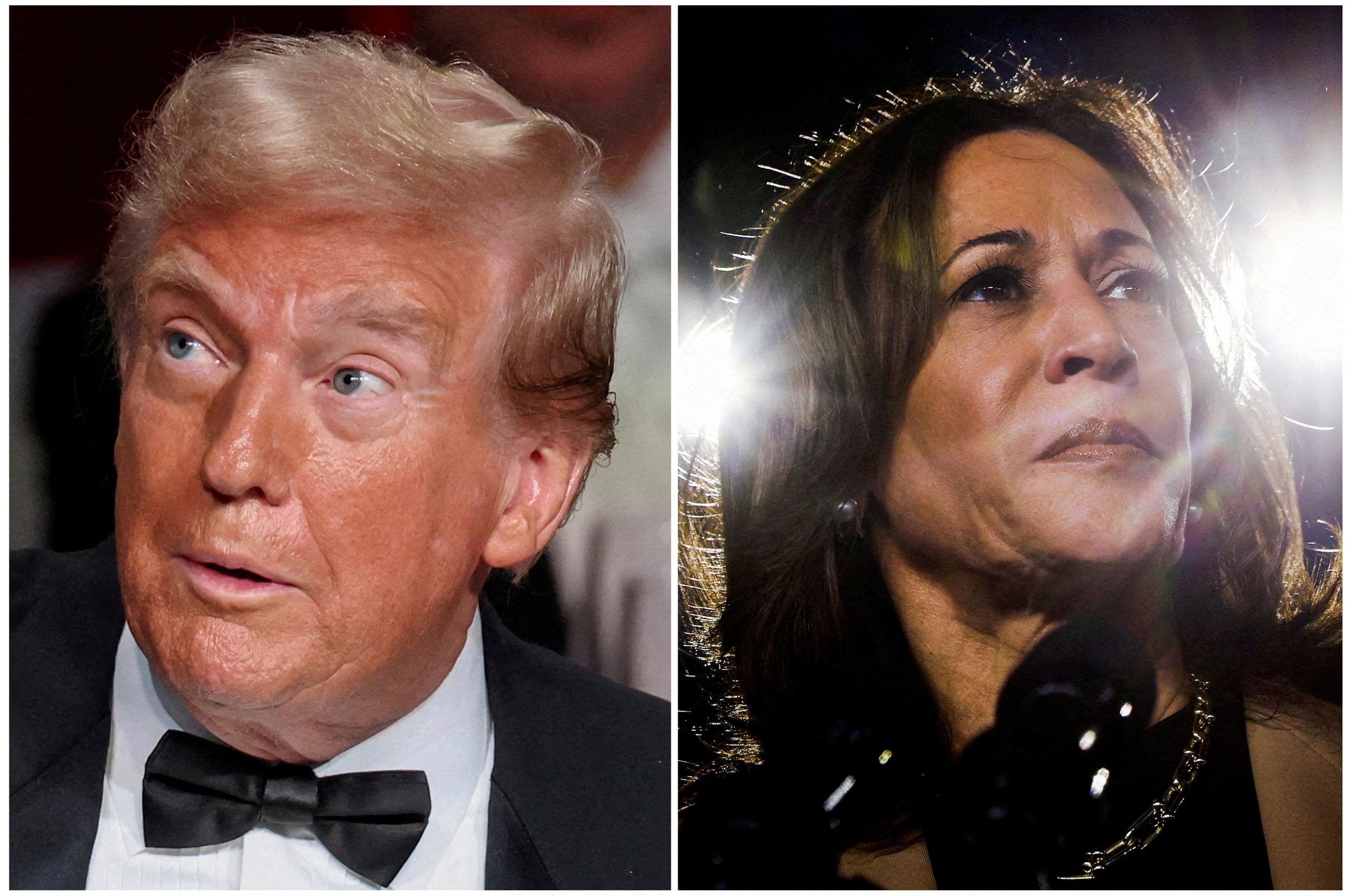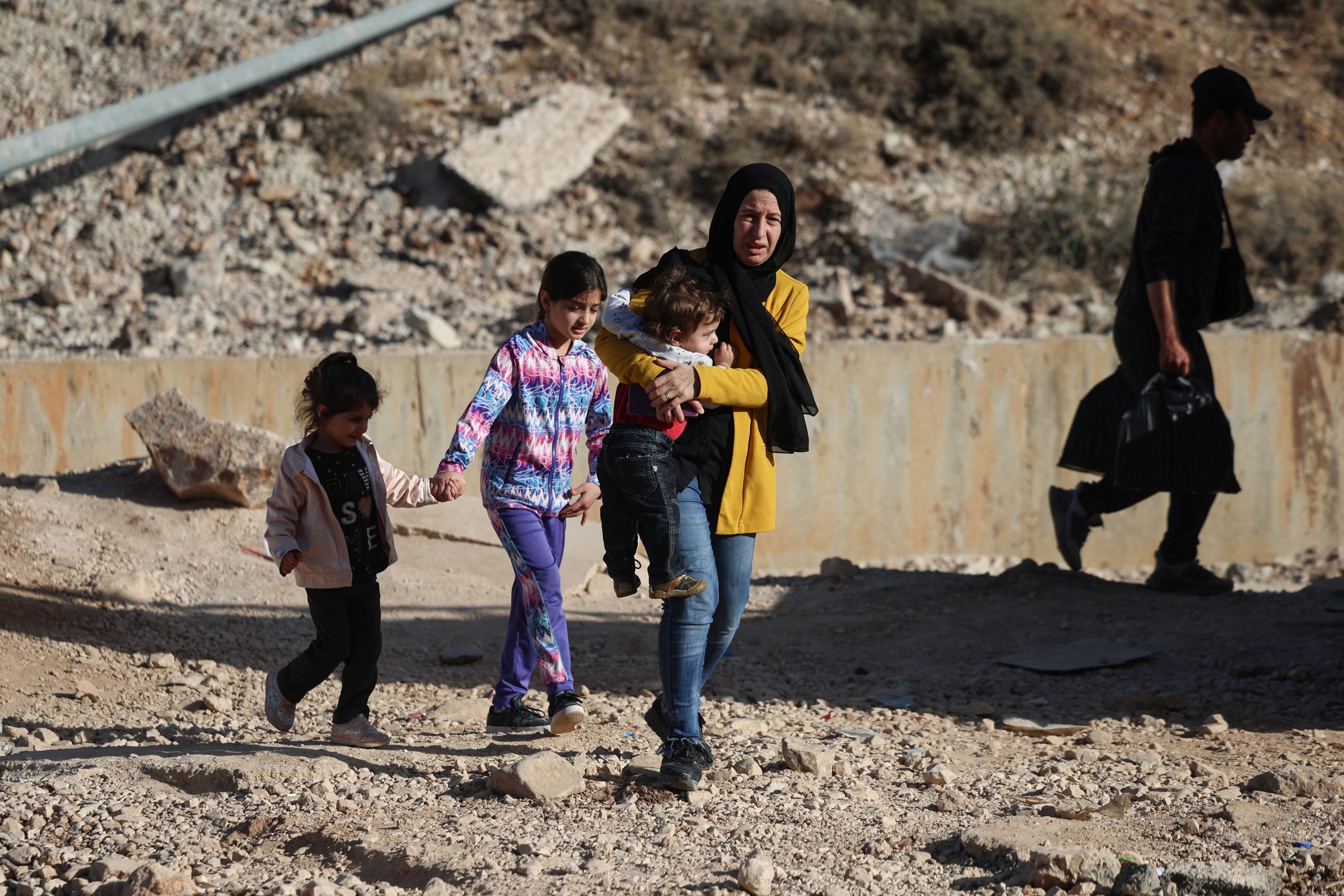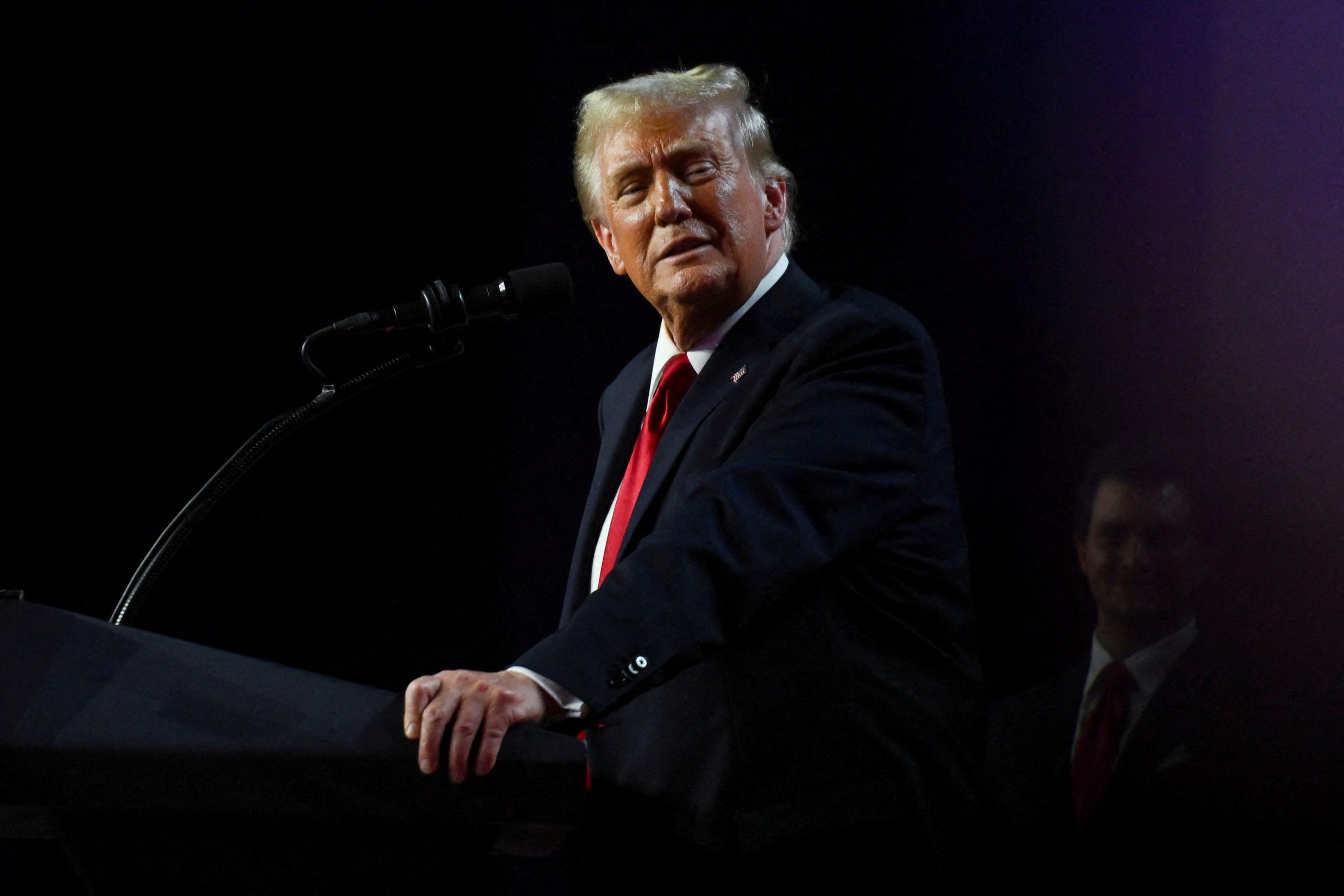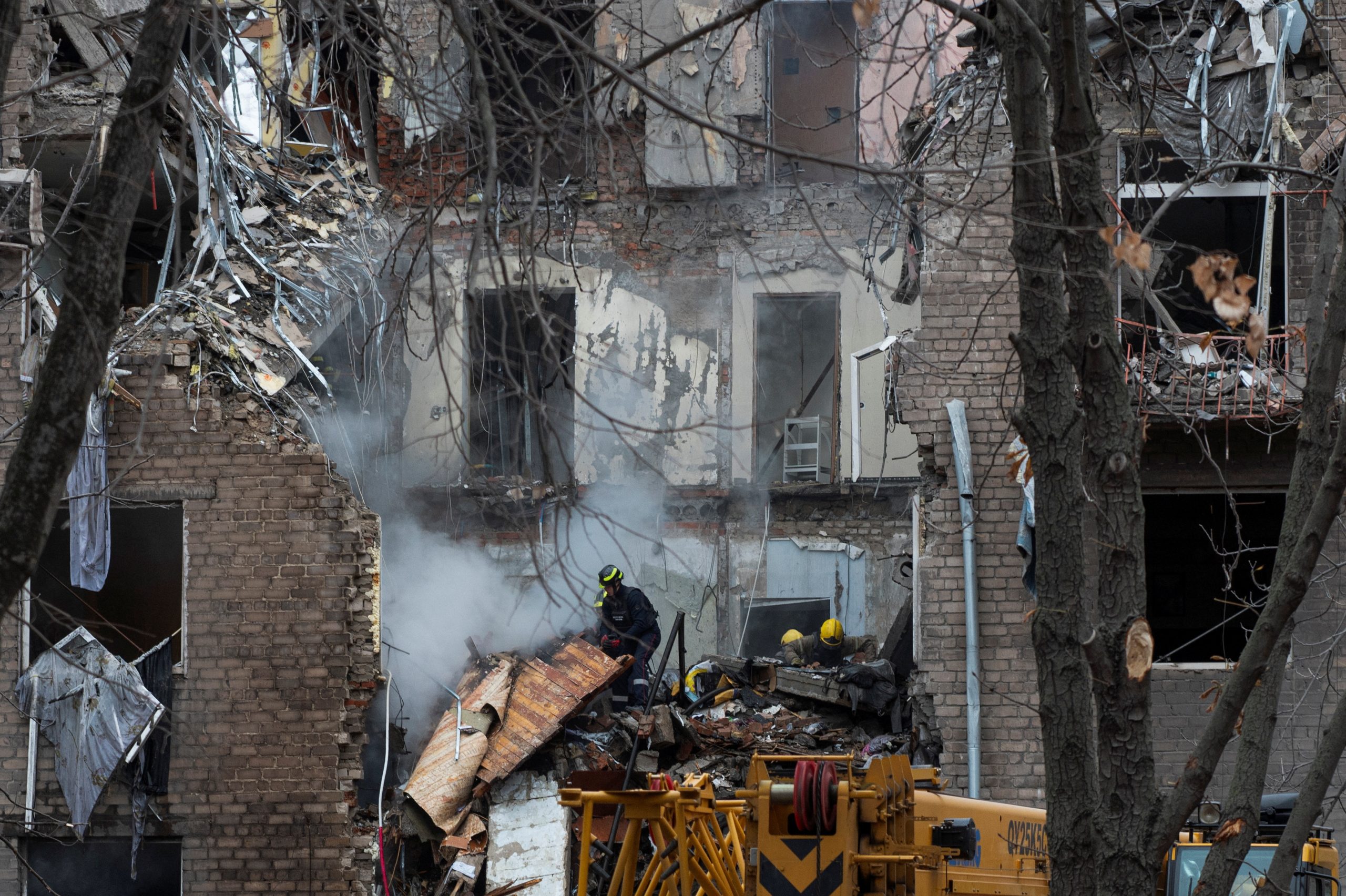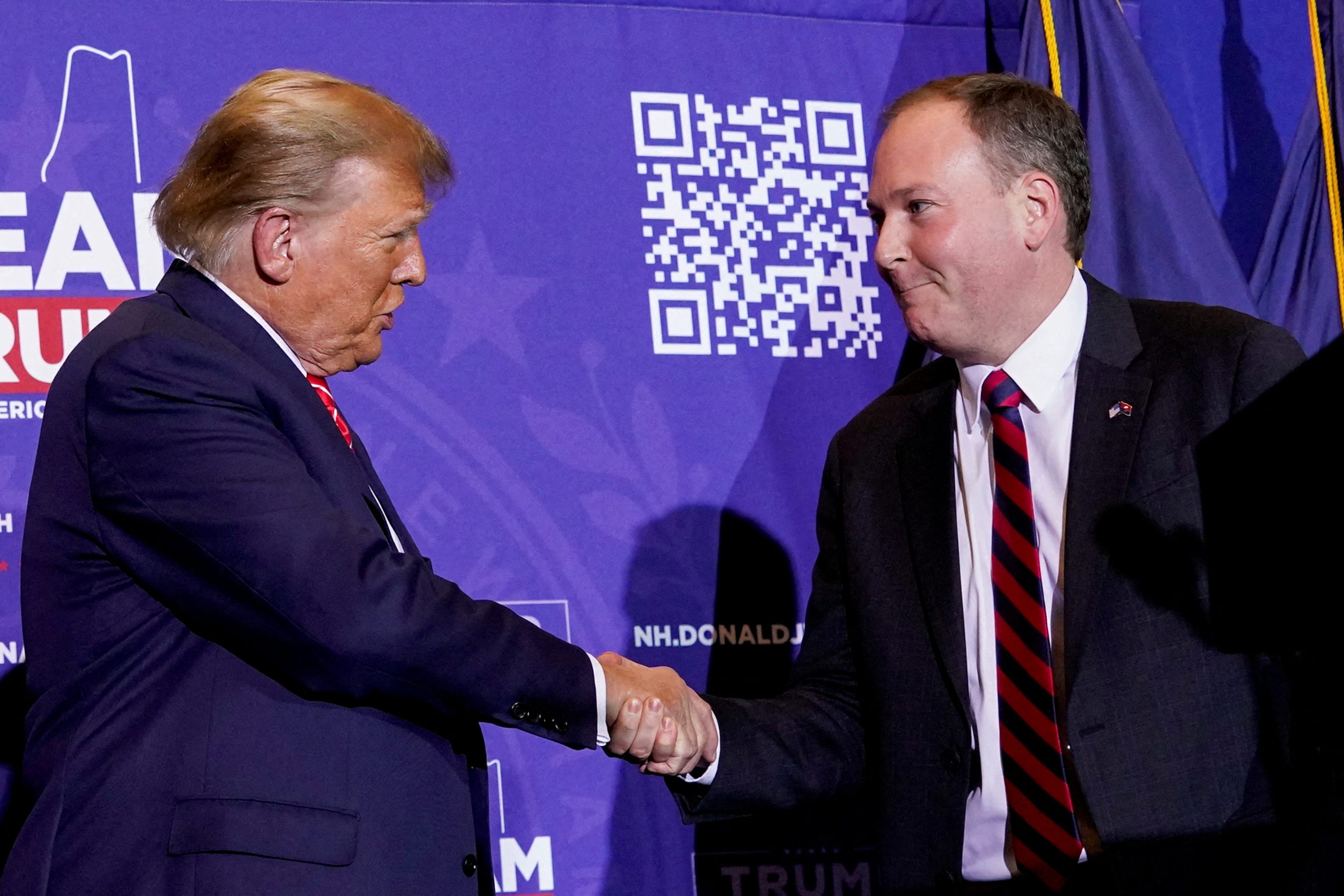“Putin’s entire war machine is on borrowed time,” warns a report from the Institute for the Study of War (ISW), pointing to the intense economic strain pushing Russia ever closer to an economic cliff. Mounting military costs and a burning need for manpower have left Russia’s economy teetering, with experts doubting whether President Vladimir Putin can sustain the war much longer without collapsing the system that supports it.
ISW’s alarming analysis, supported by insights from The Washington Post, highlights that Russia’s heavy military spending—intended to fuel both combat strength and economic growth—has created a situation verging on financial overheating. Russian companies are now locked in a desperate cycle of raising wages to keep up with high military pay, all while trying to hold onto a workforce that is dwindling fast. Even Russia’s Central Bank Head, Elvira Nabiullina, has sounded the alarm, cautioning that Russia’s resources—both in labor and production—are stretched “almost to the breaking point.”
In a scramble to maintain a consistent flow of frontline soldiers, regional authorities are sweetening deals with massive one-time bonuses for any willing recruits. Each month, nearly 30,000 new servicemen are needed to patch the frontline ranks, but the costs of this approach are becoming hard to hide. Russia has turned to what ISW analysts call “crypto-mobilization”—indirect recruitment and constant ramping up of incentives—to avoid a full-blown mobilization that could destabilize the regime politically. For Putin, open mobilization would be risky, forcing him to make a choice between frontlines and the home front.
The recent deployment of North Korean soldiers on Russian soil underscores just how desperate the situation has become. Pyongyang’s reinforcement troops, stationed in the Kursk region, are only the latest sign of Russia’s manpower crisis, with ISW analysts warning that Putin’s “force-generation system is barely holding on.” The Russian economy, driven to the brink by this massive consumption of men and materiel, now faces what ISW calls a “burnout point,” a breaking threshold that could come with severe societal and economic backlash.
While Russia’s economy has adapted under sanctions pressure, managing to avoid a total collapse, the strain is expected to hit hard within the next two to three years, according to European Commissioner Paolo Gentiloni. As Western sanctions continue to squeeze, and as Putin’s spending funnel grows insatiably larger, Russia faces a potentially irreversible economic spiral that could redefine Putin’s entire strategy—or, some warn, endanger his rule.
Sources for this article include reports from the Institute for the Study of War (ISW), The Washington Post, and statements by the Central Bank of Russia.

